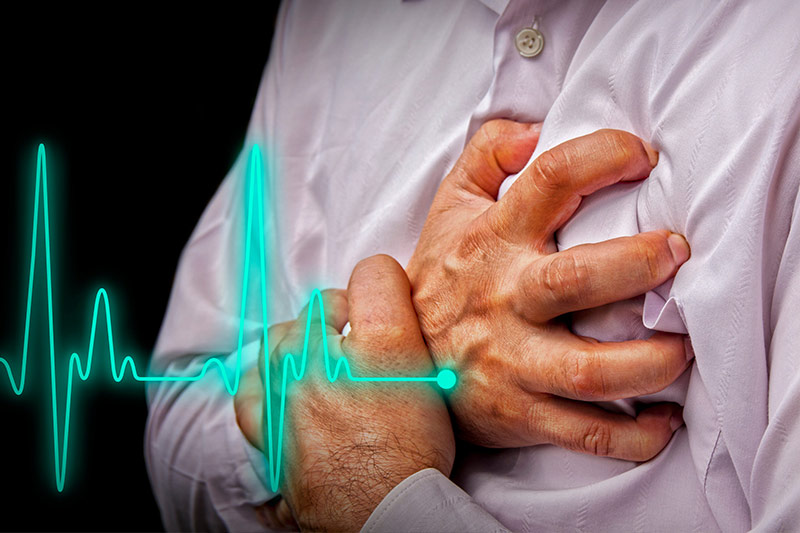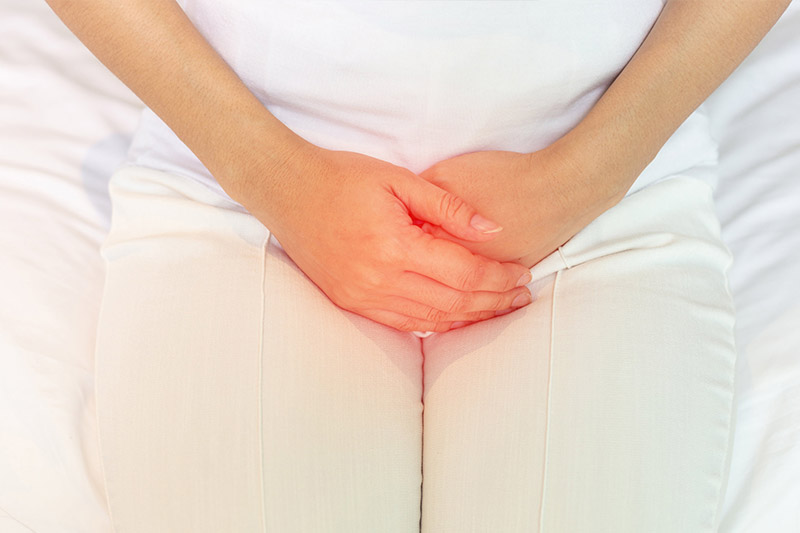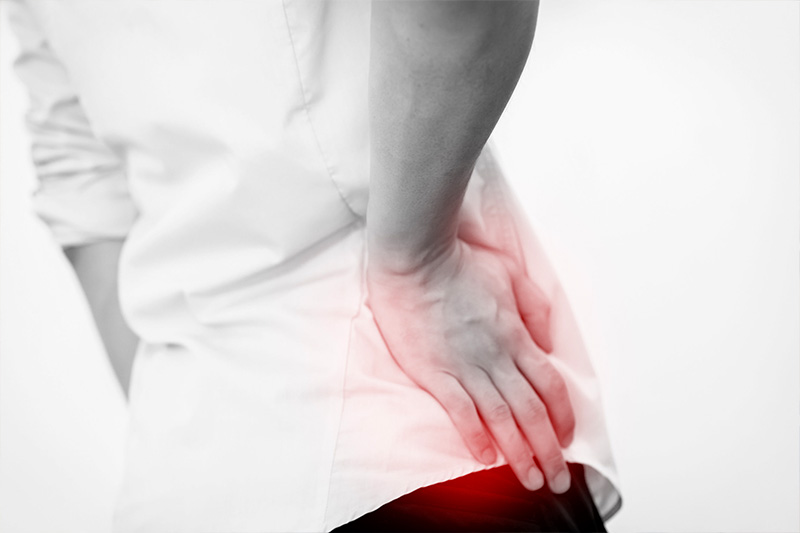Blood cholesterol is a waxy substance produced by your liver. It is essential for making hormones and digesting fatty foods. Some cholesterol is good (HDL) and reduces the risk of heart problems or a stroke. However, some cholesterol is bad (LDL and non-HDL) and increases your possibility of developing heart problems or suffering a stroke.
Because your body already produces cholesterol, doctors advise you to limit your intake of dietary cholesterol, which can be found in meat, seafood, poultry, eggs and dairy products. While this does not necessarily target LDL cholesterol exclusively, it still minimizes the risk of cardiovascular difficulties.
Today, nearly 94 million US adults (age 20 or older) have total cholesterol levels higher than 200 mg/dl. For this reason, we thought it necessary to explore what it means to have high cholesterol, and how you can lower it.
What is cholesterol?
High cholesterol is when there is too much of the fatty substance cholesterol in your blood. It is mainly caused by eating fatty foods, being overweight and not getting enough exercise. Naturally, smoking and drinking alcohol can also increase your cholesterol levels.
The risk is that too much cholesterol can block your blood vessels, making you more likely to have heart problems or a severe stroke. What makes high cholesterol so dangerous however, is that it does not cause symptoms. You will not know the threat presented by your cholesterol levels until you have a blood test.
In some cases, high cholesterol can be passed down genetically. Family hypercholesterolemia is an inherited condition that could result in heart disease at a very young age. That being said, it can be treated with medicines, and the afflicted are more than capable of living a healthy life.
Why is high cholesterol bad for me?
As we have already touched upon, cholesterol is a necessary substance in your body. However, having too much cholesterol can result in fatty deposits developing in your blood vessels. These deposits then grow, eventually making it difficult for blood to flow through your arteries.

When these deposits suddenly break, they form a clot which could cause a heart attack or stroke. As there are no symptoms, you are encouraged to have cholesterol screenings every 5 years from the age of 11. This should move to every 2 years for men aged 45–65, and women aged 55–65. Once you are over the age of 65, you should have cholesterol tests annually.
Of course, if you are at risk of developing high cholesterol, you may find your weight or lack of exercise could already be causing other conditions. Obesity, diabetes and kidney disease are all potential consequences of an unhealthy lifestyle. So it is always worth looking for ways to mitigate against these conditions by becoming more active.
Are there ways to lower it?
Yes, and a healthy lifestyle is just one of those ways. Maintaining a healthy weight prevents you from developing a range of conditions, and helps you keep your cholesterol levels in check. But you can also:
- Eat a low-salt diet that largely incorporates fruits, vegetables and whole grains
- Limit the number of animal fats and use good fats in moderation
- Quit smoking
- Better manage levels of stress
- Drink alcohol in moderation (if at all)
‘Good fats’ mean foods that are low in saturated fat, trans fat, sodium and added sugars. While that may rule out a lot of possible foods, in reality, it leaves you with a selection of lean meats (turkey), seafood, fat-free milk, cheese and yogurt.
There are also easy ways to incorporate exercise into your daily routine. This includes walking, riding a bike, taking the stairs instead of the elevator, or even parking a little further away from the store than you usually would. You should aim to get at least 2 hours and 30 minutes of moderate-intensity exercise every week.
What medication should I take?
Obviously, there is no ‘silver bullet’ for any medical condition. And while exercise is proven to help reduce the likelihood of heart failure, it may not lower your cholesterol. In which case you will be prescribed statins. Statins are drugs that reduce the amount of cholesterol that your body makes.
You only need to take one tablet a day, although you will be required to take them for life. At Medix, we have a range of statins to choose from, but if these do not work for you, there are alternatives available, such as:
- Ezetimibe
- Fibrates
- Bile acid sequestrants
Should these tablets not have the desired effect, you can receive injections like alirocumab and evolocumab. But remember, you should not take any medication without speaking to your doctor first. They are best placed to make recommendations and will have a better understanding of your current medical needs.
The home of affordable medication
If you have had a blood test that shows you are suffering from high blood pressure, do not panic. There are plenty of avenues you can take to reduce the severity of your condition before it develops into a genuine health risk. And, with our mail-order pharmacy, you can access vital healthcare at an affordable price.
Provided you have a valid prescription, statins and other medication can be purchased on our site and delivered directly to your door. For more information, please call 1-866-500-6633 (toll-free phone number) or +44 1438 500111 (international phone number).
Alternatively, you can submit your details through our contact form and we will get back to you.





